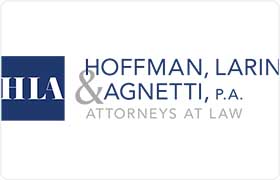Big Pine Key Bankruptcy & Debt Lawyer, Florida
Sponsored Law Firm
-
 x
x

Click For More Info:
-
Hoffman Larin & Agnetti, P.A.
909 N Miami Beach Blvd Suite 201 Miami, FL 33162» view mapBankruptcy and Debt Experience and Results Matter
Hoffman, Larin & Agnetti have offices in South Florida. We have a long list of satisfied, well-represented clients since our firm opened in 1975.
800-893-4280
Not enough matches for Big Pine Key Bankruptcy & Debt lawyer.
Below are all Big Pine Key lawyers.
Maylene Abad
Bankruptcy & Debt, Real Estate, Estate, Divorce & Family Law
Status: In Good Standing Licensed: 29 Years
Marc Dubin
Civil Rights, Americans with Disabilities Act , Workers' Compensation
Status: In Good Standing Licensed: 42 Years
 Martin Hoffman Miami, FL
Martin Hoffman Miami, FL
